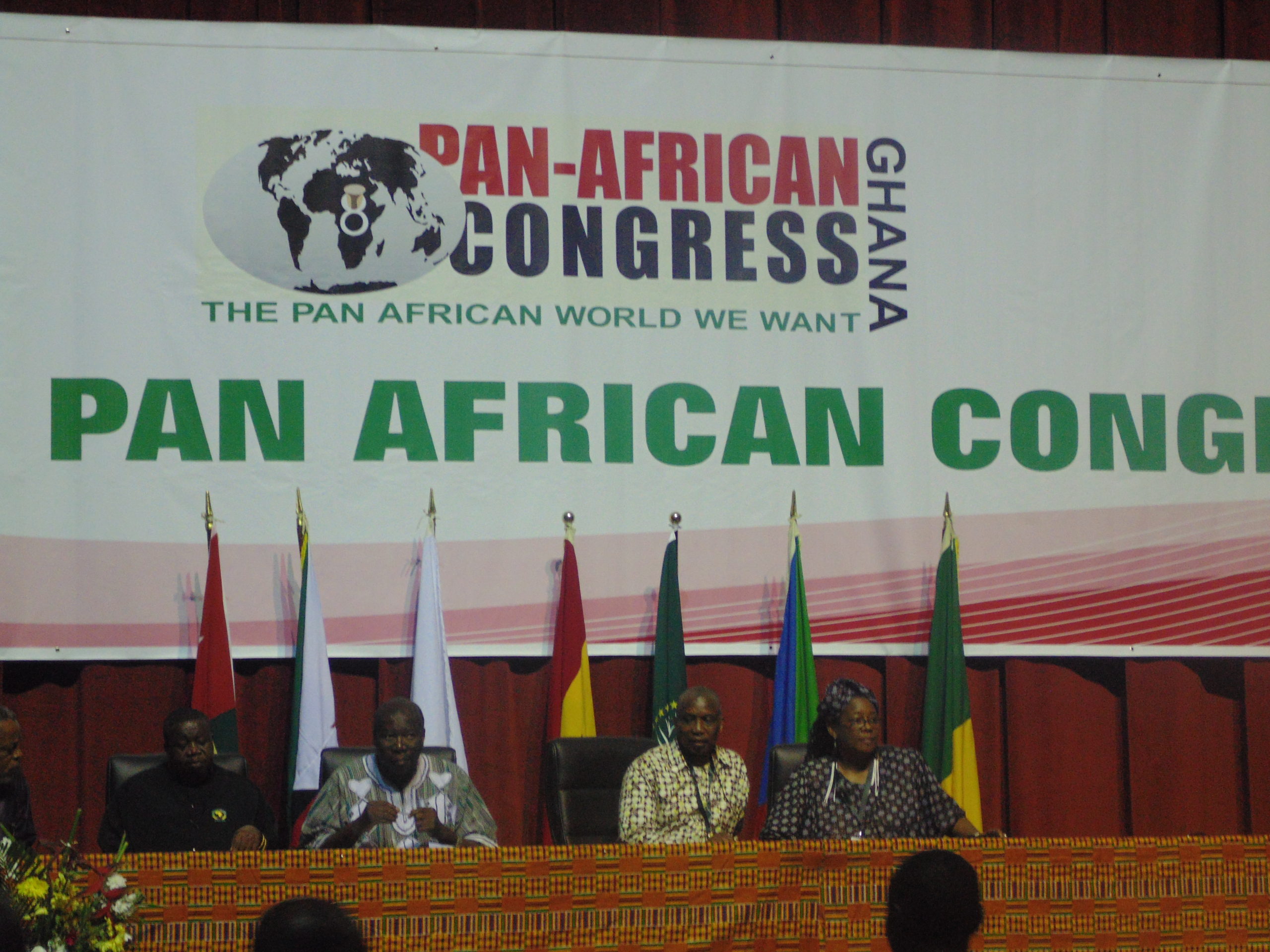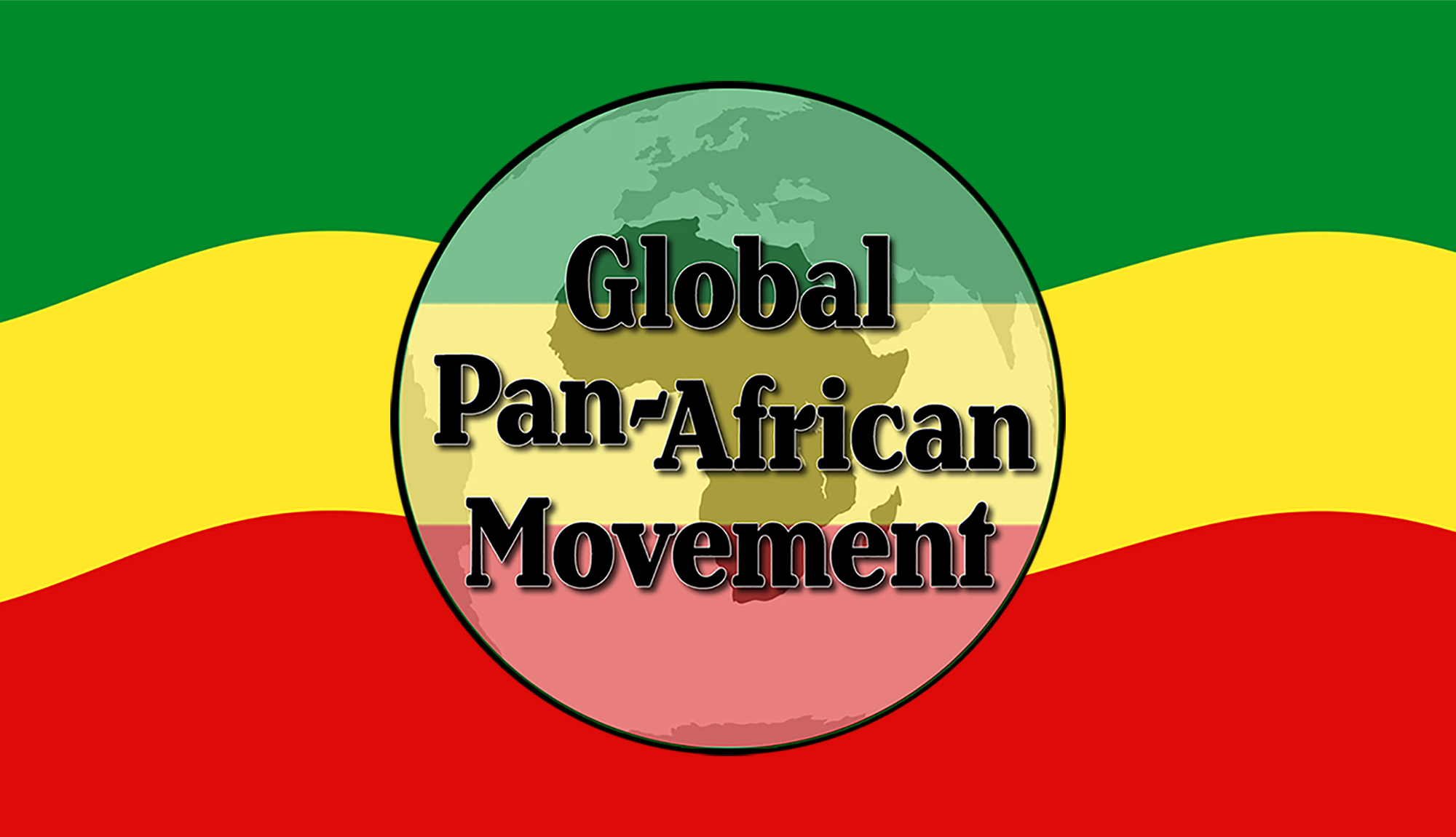On September 25, 2024, the Global Pan African Movement, North America Delegation, held an internal education session on the Cuban revolution. The session was led by Rosemari Mealy and Marc Mealy, both of whom historically situated the revolution and outlined the ongoing need for Global Africans to stand in solidarity with the Cuban revolution. Below are the resolutions agreed upon:
- The centrality of the enslaved African to Cuba and it fight for independence cannot be denied. More than 800,000 Africans were imported to Cuba, which was home to one of the highest and longest durations of the illegal slave trade.
- The 1956 revolution was preceded by rebellions and revolts by enslaved Africans as early as the 17th and 18th centuries. The Palenque (maroon communities,) the Conspiracy of La Escalera (execution of Black people), and brave African women and men like Carlota Lucumí and Antonio Maceo paved the groundwork for the revolution.
- Cuba’s revolution remains significant for Global Africans and the consolidation of a multipolar world order.
- The revolution has never been not just about having Cubans in charge (i.e., replacing the system’s face), but about structural transformation of institutions and frameworks that govern and organize society. Therefore, the revolution is about transforming the economy and politics of Cuba from serving metropoles to the development of Cuban society.
- Not only did the revolution contribute to the development of Cuban society, but it has been central to struggles against colonialism and imperialism in the global South. This is not only reflected in Cuba’s military commitment to African countries fighting against colonialism and apartheid, but also in Cuba’s export of doctors, technology, and advancements that benefit Global Africans.
- Cuba’s advancements in the production and dissemination of health and pharmaceutical, technology, and agriculture sectors positions it as a desirable trade partner. As countries like Malaysia and Vietnam seek to increase their mutually beneficial relations to Cuba, African states must defy US sanctions and do the same.
- U.S. retaliation against the revolution is beyond attempted assasination of leaders and covert destruction of public spaces and production.
- The Monroe Doctrine and Platt Amendment laid the basis for unequal relations (mitigated by militarism) between Cuba and the US.
- The Helms Burton Act continues to lay the foundation for the ongoing economic genocide and terrorism, which constitutes the blockade.
- Revolutionaries and Global Africans must stand in solidarity with the Cuban revolution, especially at a time when the economic blockade is devastating the economy and leading to a brain drain.
- We must continue to ensure states uphold the United Nations General Assembly vote to condemn the extraterritorial US economic, commercial, and financial embargo against Cuba
- We must intervene in any possible way, including but not limited to sending letters to your representatives, raising awareness, and joining movements regarding the removal of Cuba from the U.S. List of State Sponsors of Terrorism (SSOT). The National network on Cuba has a kit on how to formulate resolutions.
- Support the Let Cuba Live campaign and other campaigns attempting to respond to the US led blockade (and related shortages, such as flour and wheat for bread)
- Educate yourselves and others about the reality in Cuba, the blockade, and the revolution


